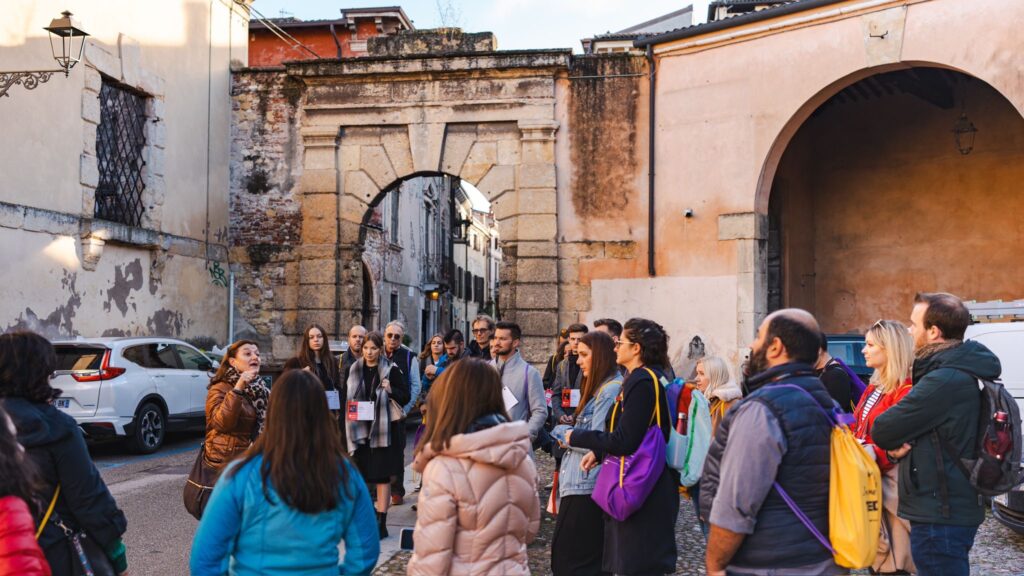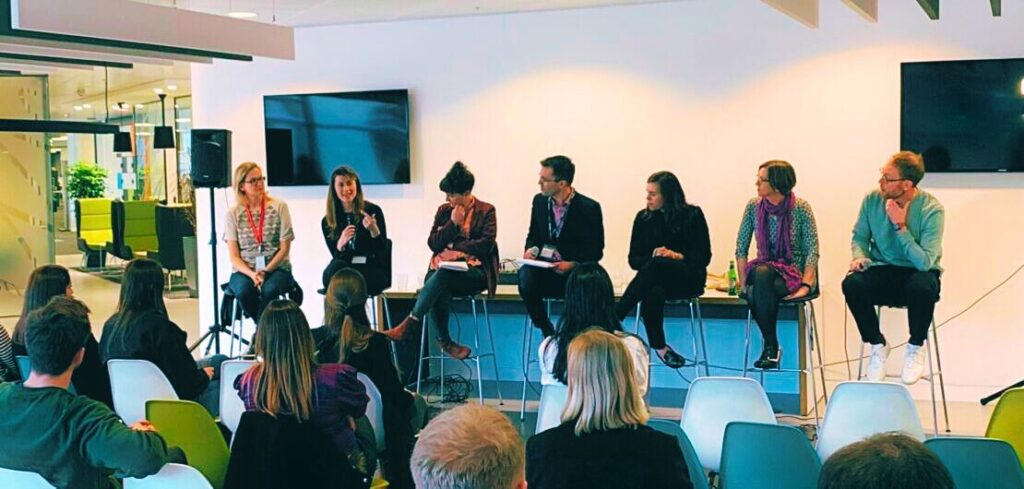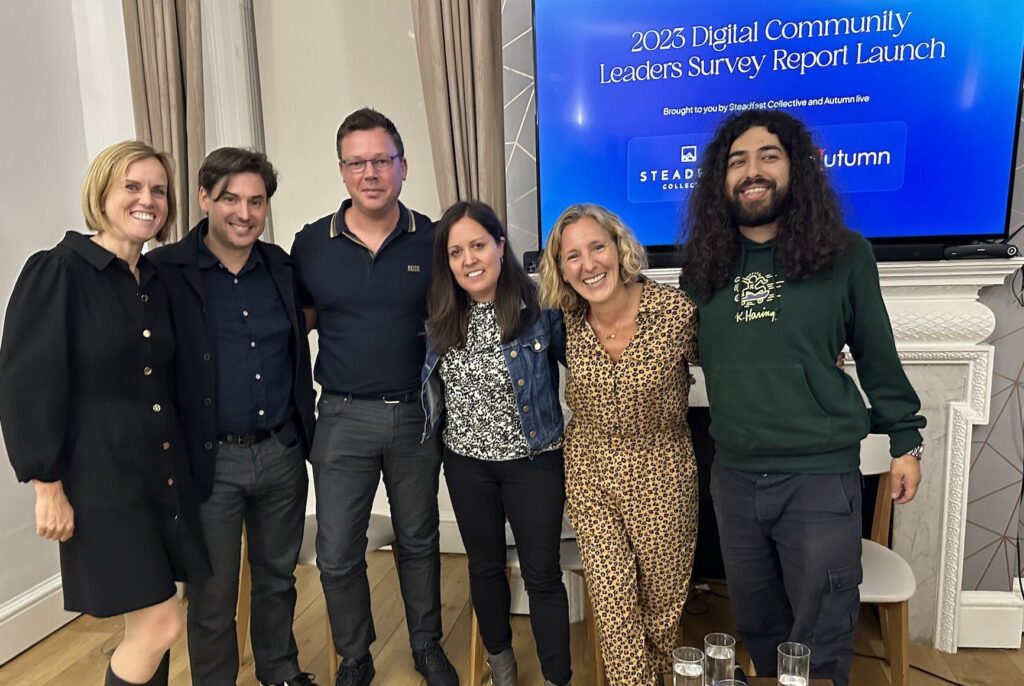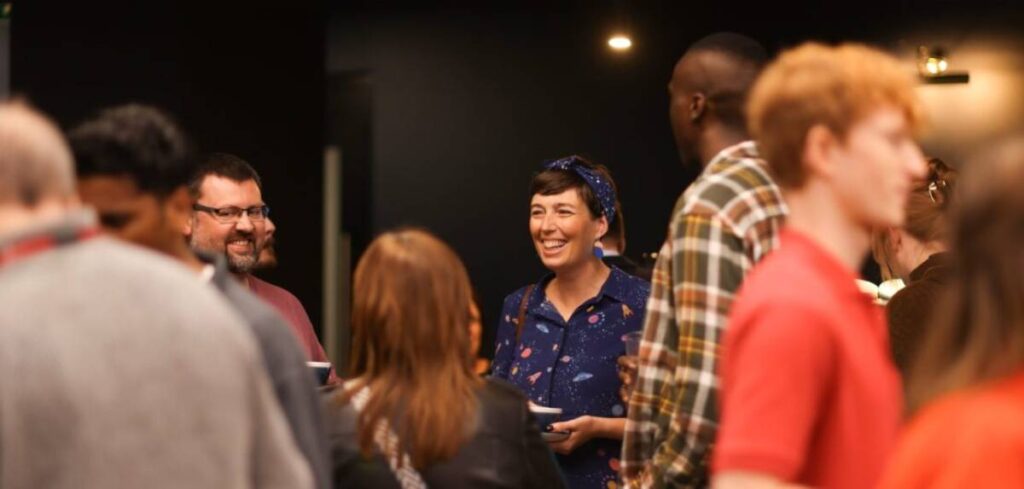As we continue to work remotely, the traditional office dynamics have changed. Work is a lonely place. This is why events can be the new office. An opportunity to build connection, creativity, and collaboration among teams. As humans, we are inherently wired for connection (Brené Brown). Yet, we often see our workdays being isolated in our work, even though we maybe surrounded by others, whether in a coffee shop or at home. Forbes highlights that 40% of us work from home at least one day a week, we are still looking for ways to cultivate workplace camaraderie.
Building Friendships Through Events
In my experience, the office was a place where deep friendships grew. We shared life’s milestones, from birthdays, weddings and new babies to promotions and retirements. But work can a lonely place now. In 2022, 49.63% of adults (25.99 million people) in the UK reported feeling lonely occasionally, sometimes, often or always. (Campaign to End Loneliness). With the rise of remote work in 2024, the interactions we used to benefits so much from are less frequent.
We have a solution! Events provide an ideal setting to rebuild these connections. The nature, short intensity and maximum time spent together at events can quickly show if your work colleague is going to become a close friend or stay as an acquaintance. The intensity and shared goals of event planning can solidify professional relationships in ways that day-to-day work cannot. This translates across teams, not just for those planning the events, but for attendees too. If you’re a team leader or decision maker and you’ve got the opportunity to take a your staff group to an event – make sure to plan and think through the intensity of spending a few days together. Build in specific times where you can do things as a group, sharing experiences can solidify working relationships and teams.
Death of the office – why events are the new office
The traditional office had its drawbacks, but we also loved it for the invaluable opportunities for spontaneous collaboration and creativity. Water-cooler conversations, shared tea breaks, and impromptu brainstorming sessions were the norm. These moments of informal interaction created community and belonging, which we find is much harder to replicate remotely. Conferences and events can fill this gap by providing structured and also flexible opportunities for teams to gather, share ideas, and bond over shared goals.
Events as the new company offsite
Events are not just social gatherings or places to learn and network. They can operate as your company offsite or all-hands meetings. By taking the team out of their usual work environment, events can create a space for deeper connections and strategic discussions. Industry events, in particular, offer other benefits such as learning new skills alongside networking. If your purpose is to connect your team though, networking with others may not be a priority. For remote teams, attending an event together can recreate the fun of the office while allowing for focused, uninterrupted collaboration. Find or book space at your accommodation, or in another venue, where you can workshop problems or take part in a design sprint. So often new thinking and creative breakthroughs can happen when you’re in a new environment.
Maximising the Impact of Events
For event producers, it’s essential to design experiences that cater to teams. Offering group registration rates, private workspaces, and team-building activities can enhance the value of events. High-quality Wi-Fi and dedicated meeting areas ensure that work can continue seamlessly should be a consideration. Event Producers need to think about how teams can engage with social activities to build stronger connections. Competitions and gamification can play into team building really well. If you can reallocate resources typically spent on office space, companies can invest in meaningful event experiences that bring their teams together.
Work is lonely. Events as the new Friday after-work drinks
Just as Friday after-work drinks served as a time for casual connection, deepening friendships and shared experiences, events can provide similar opportunities. Events with social events bring connection that’s nothing to do with work roles. Exploring a new city through a treasure hunt, learning new skills such as olive oil tasting or cheesemaking (three actual activities we did at an event in Verona) can all enhance team connection.
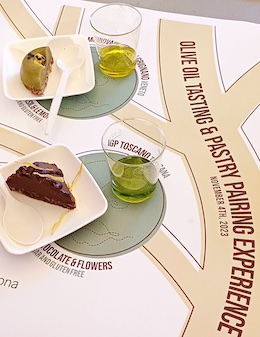
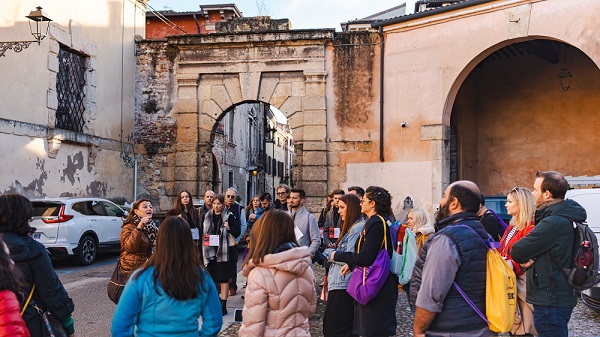

Discover how a unique event can bring people together over shared passions. Like local food for example – we wrote about our feast over fire woodland experience amongst the bluebells.
With UK employees working an average of 42 hours per week, the highest in Europe, it’s important we find effective ways to build and maintain workplace relationships.
Whether the goal is networking, learning, or deep strategic discussions, it’s crucial to define the purpose of attending an event. By understanding your objectives – new connections, skills acquisition, or team cohesion – companies can ensure that events are a worthwhile investment.
Use the versatility of events to create your new office, company offsite or Friday after work drinks. You can create a sense of community, drive collaboration, and ultimately enhance work productivity. We’re all learning to navigate the future of work and it’s clear events can play a crucial role in bringing teams together.

